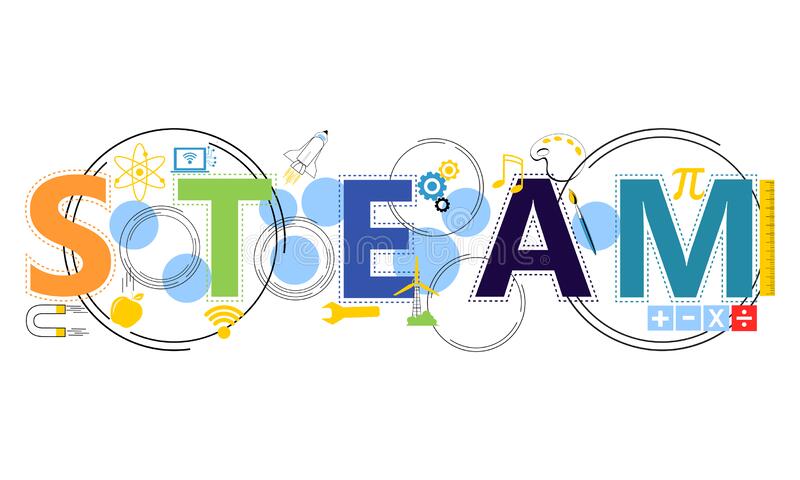Scientific Explorers: Home Schooling Science Discovery

Scientific Explorers: Home Schooling Science Discovery
Embarking on the journey of home schooling science discovery transforms education into a dynamic exploration of the natural world. In this article, we’ll delve into the myriad benefits of fostering science discovery within a home schooling curriculum and explore strategies to make the learning process engaging, interactive, and enriching.
Hands-On Experiments for Experiential Learning
One of the hallmarks of home schooling science discovery is the opportunity for hands-on experiments. Creating a home laboratory allows students to engage directly with scientific concepts, fostering experiential learning. Whether it’s chemistry experiments, physics demonstrations, or biology dissections, hands-on activities bring science to life and deepen understanding.
Customized Learning Paths Tailored to Interests
Home schooling provides the flexibility to customize learning paths based on individual interests. Science discovery becomes more engaging when students can explore topics that resonate with their curiosity. Whether it’s astronomy, geology, or marine biology, tailoring the curriculum to individual interests sparks enthusiasm and creates a passion for scientific exploration.
Field Trips and Nature Exploration
Bringing science out of the textbooks and into the real world is facilitated by field trips and nature exploration. Home-schooled students can explore local ecosystems, visit science museums, or participate in nature walks. These experiences not only reinforce theoretical knowledge but also instill a sense of wonder and appreciation for the intricacies of the natural world.
Integration of Technology for Virtual Exploration
Leveraging technology enhances home schooling science discovery through virtual exploration. Virtual laboratories, interactive simulations, and online science courses provide a digital dimension to scientific inquiry. Integrating technology not only expands the scope of learning but also prepares students for the digital landscape of modern scientific research.
Project-Based Learning for In-Depth Understanding
Project-based learning immerses students in in-depth scientific investigations. Whether it’s designing experiments, conducting surveys, or creating models, project-based learning fosters critical thinking and problem-solving skills. These projects encourage students to take ownership of their learning, promoting a sense of responsibility and curiosity.
Connecting Science to Real-World Applications
Linking science to real-world applications enhances the relevance of scientific discoveries. Home-schooled students can explore how scientific principles are applied in various industries and everyday life. Understanding the practical implications of science fosters a holistic understanding and encourages students to see themselves as contributors to the scientific community.
Science Discourse and Collaborative Inquiry
Encourage science discourse and collaborative inquiry within a home schooling setting. Discussing scientific concepts, debating hypotheses, and engaging in group projects cultivates a sense of scientific community. Creating opportunities for students to share their discoveries and insights nurtures communication skills and the ability to collaborate effectively.
Incorporating Citizen Science Initiatives
Participating in citizen science initiatives allows home-schooled students to contribute to real scientific research. Whether it’s observing wildlife, monitoring environmental changes, or participating in astronomy projects, these initiatives connect students to the broader scientific community. Involvement in citizen science fosters a sense of responsibility and environmental stewardship.
Online Resources for Continuous Learning
Harness the power of online resources for continuous science learning. Websites, educational platforms, and science-focused forums






